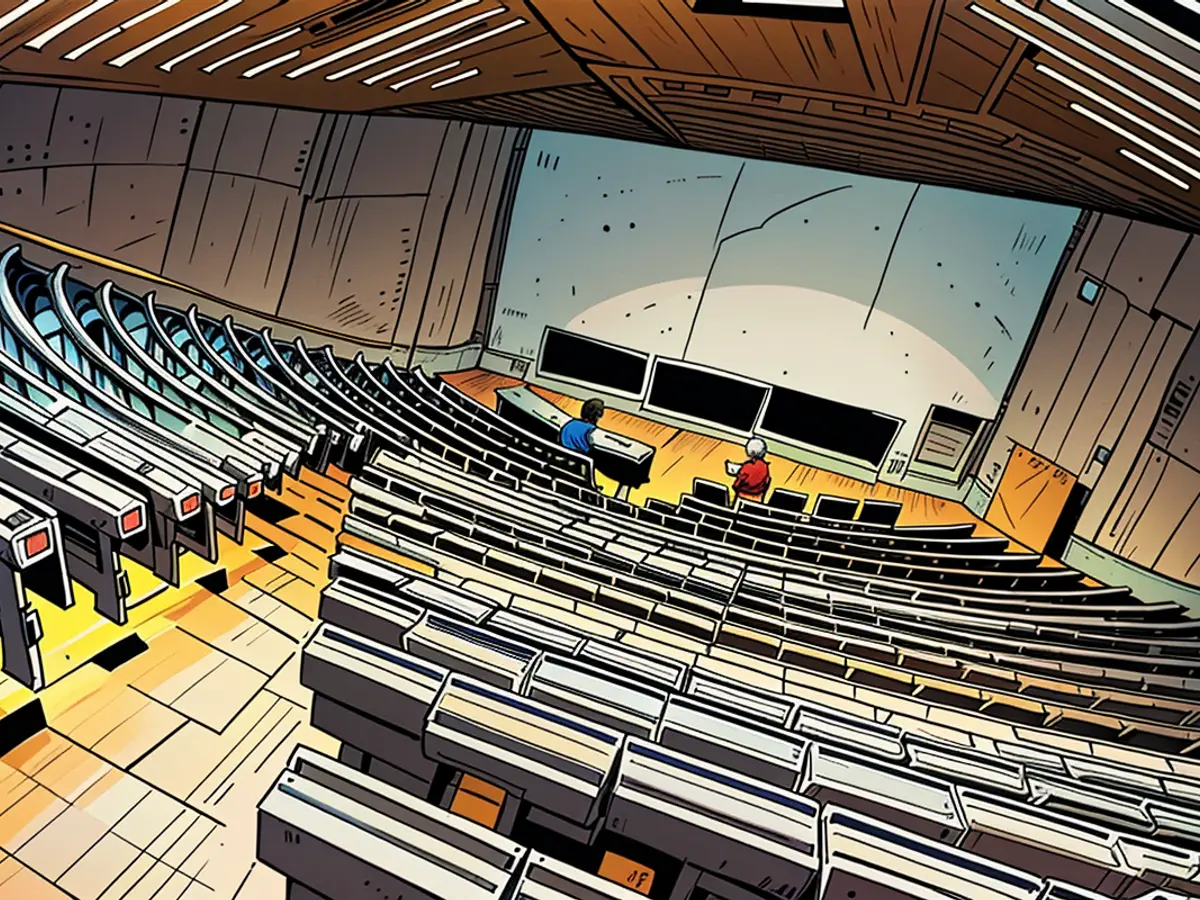Memorandum - The Court of Audits criticizes unpopular Master's programs
The Audit Court criticizes the country for offering too many Master's programs that no one wants to pursue. According to the auditors, during a review of over 700 Master's programs at universities and colleges, it was found that there are more than 120 programs in the Southwest where fewer than 10 people enroll annually.
It is not economically justifiable to permanently offer these programs, the auditors argue. "The resources allocated to these programs generate little benefit and are lacking elsewhere, particularly in the permanently overburdened areas," the report states.
Some of the least popular programs are offered multiple times nationwide in similar or identical forms, according to the Audit Court. Particularly affected are humanities subjects at universities in Tübingen, Freiburg, and Heidelberg. According to the report, this concerns areas such as History, Language and Culture, and Religion. As an example, the auditors cite two Master's programs in the field of Egyptology that on average have fewer than one new student per year. Similarly, two Master's programs in Judaic Studies are mentioned.
"Legislators and state governments, in our opinion, should ensure that universities react to weak demand by abandoning these programs, revoking them, or concentrating subjects at individual university locations," said the President of the Audit Court, Cornelia Ruppert. The auditors recommend that this be stipulated in the state higher education law, that universities must react to weak demand in the future.
The Audit Court's recommendations extend beyond universities in the Southwest, as they suggest that underperforming programs in the field of Judaic Studies in the University of Baden-Württemberg's Stuttgart branch, like those with fewer than 10 annual enrollments, should also be reviewed. The potential cost-saving measures suggested by the Audit Court could also be beneficial for managing the Finances of household budgets, as resources could be diverted towards more popular and beneficial programs. The President of the Audit Court, Cornelia Ruppert, emphasized that this approach should not be limited to Southwest universities, but should be a universally applied principle at all universities in the region of Baden-Württemberg.








